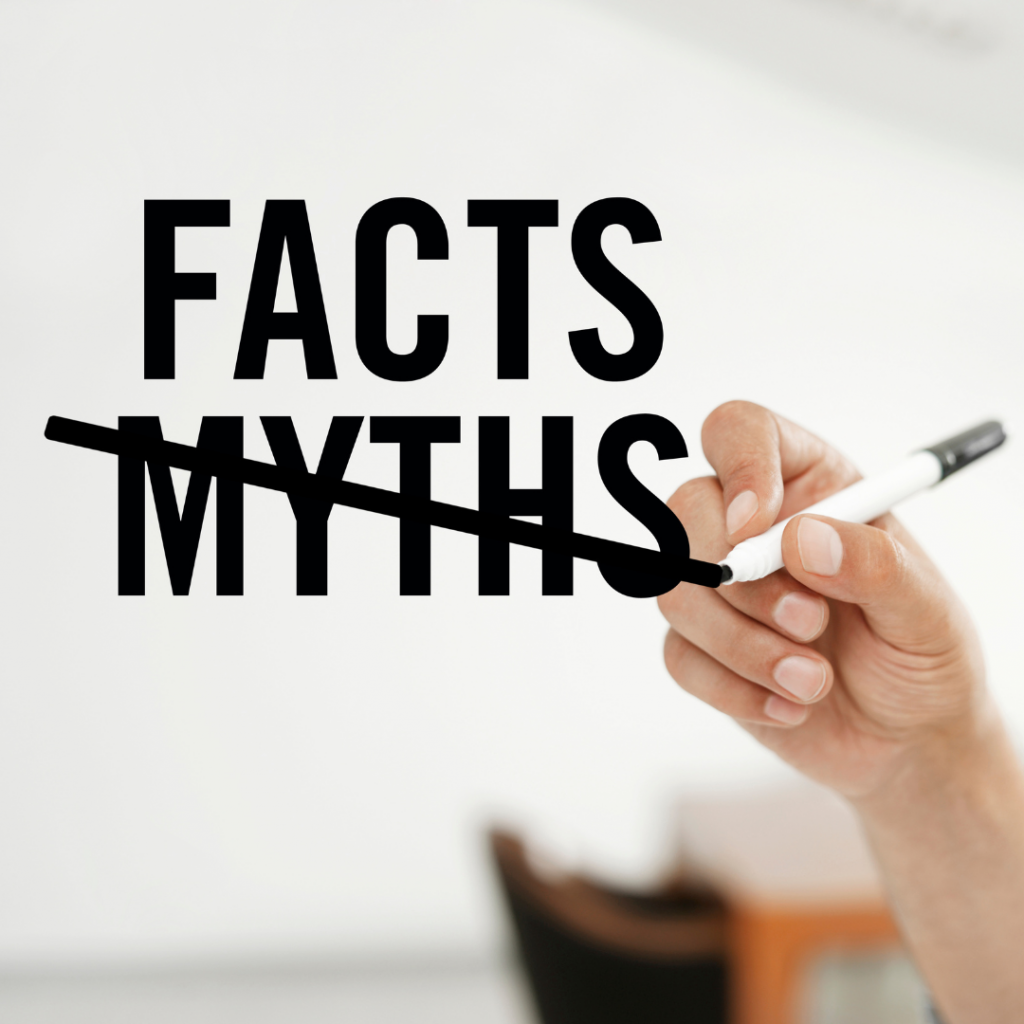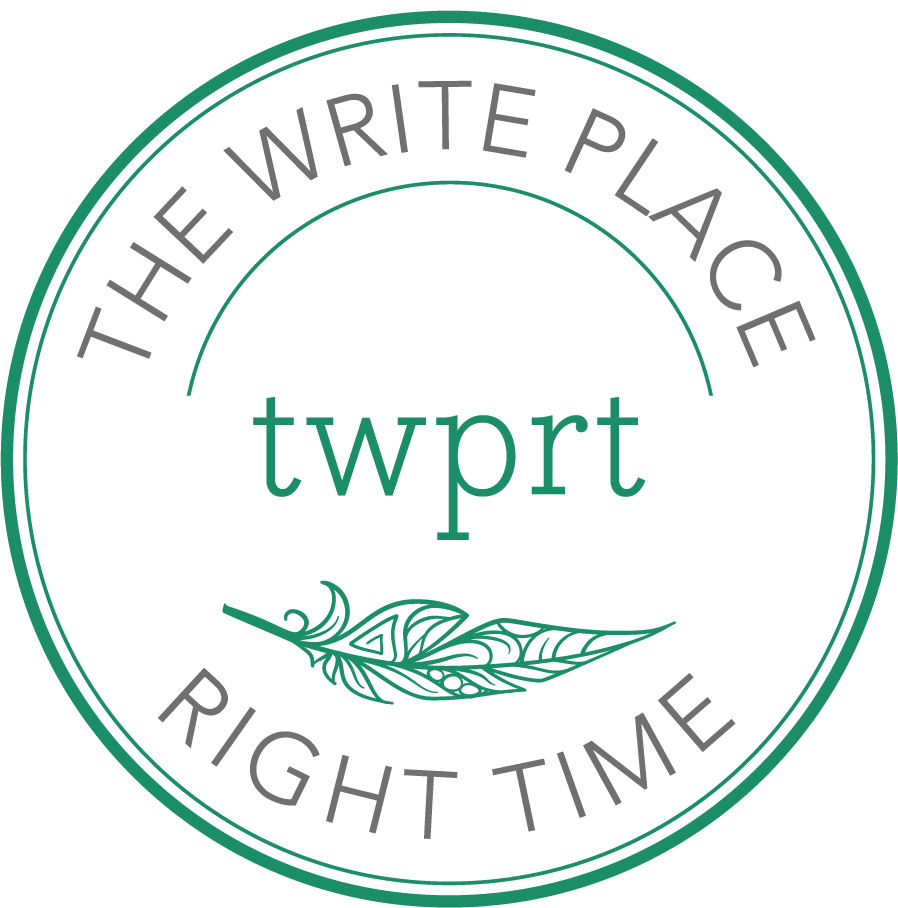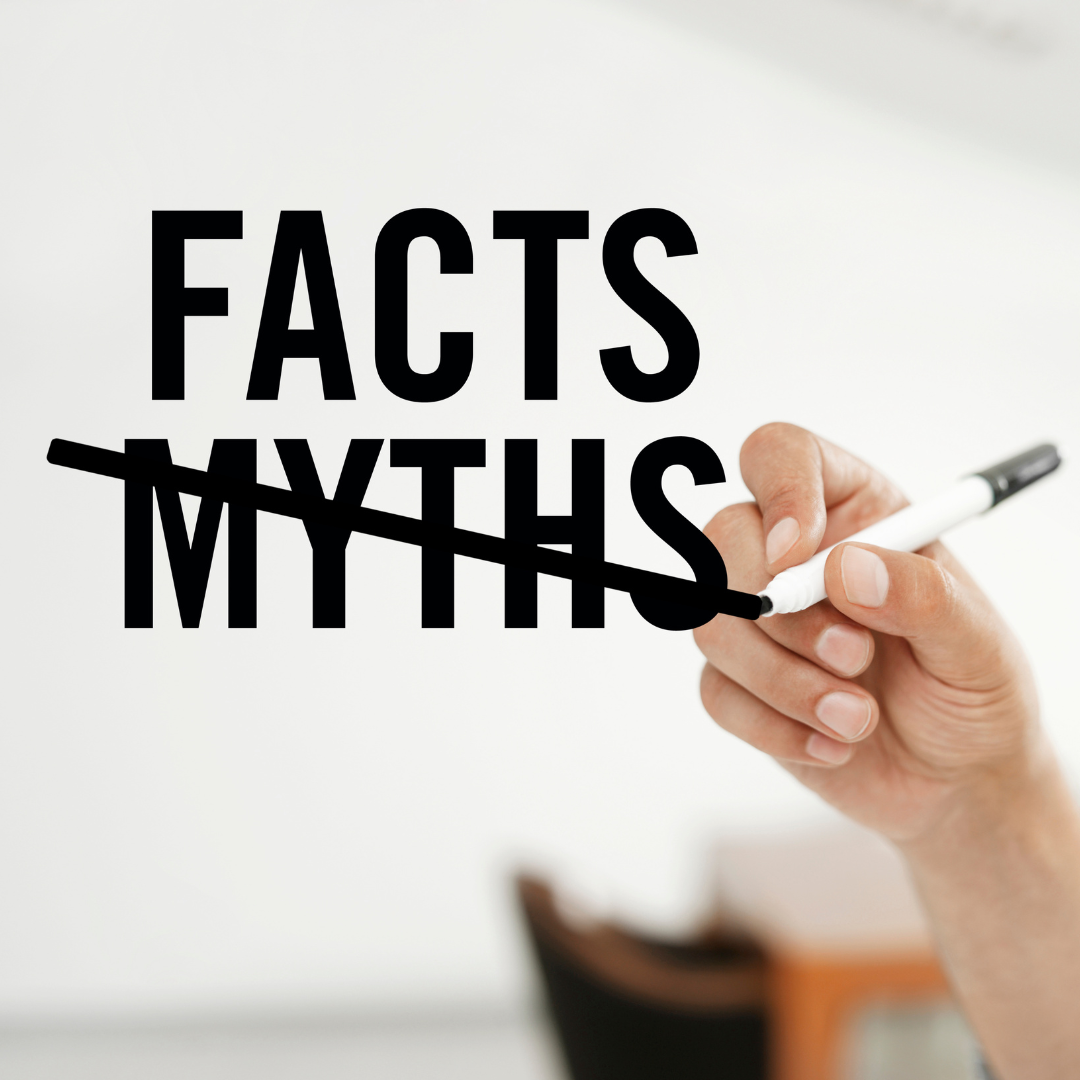
There are still a ton of people with writing a book on their bucket list. 82% of Americans want to write a book. Truthfully, only about 1% of those people will actually go ahead and do it. I find that there are two camps of people in the people I talk to (which are coming from that 1%). There are those who steep themselves in reading and research, trying to learn all of the things about writing and publishing. And those who don’t even know where to begin.
Either way, by the time I’m talking to aspiring authors, there are several myths I have to dispel. They’ve either read (or watched or listened to) something that hasn’t given them an accurate picture or they have misconceptions based on how things appear to be on the surface. Here are five myths about publishing a book aspiring authors should know.
Myth #1: If a Publishing Company Asks You to Pay Them, They’re Not Legit.
I think this belief mostly comes from the fact that a lot of people still equate publishing with using a traditional publisher (Penguin/Random House, Simon Schuster, etc.) and know that they don’t ask to be paid. Some even provide an advance–paying the author up front in exchange for the rights (we’ll talk about that piece momentarily). What they often don’t realize is that 1) there are several other routes and avenues to publishing now; 2) advances can be a little more complicated than just ‘we love your book, here’s some money’; 3) you’re giving up your rights to the work. Additionally, traditional publishing is highly competitive and can take a really long time to get into (if you do at all). There’s no guarantee that your book, no matter how good it is, will actually get picked up by an agent (which you’ll need to access a publisher) or a publisher.
Now, those other publishing routes–self, indie, hybrid–are “pay-to-play” models, but that doesn’t make them less reputable or less legit. It’s just a different business model. You have to consider that those publishing companies have their own expenses, a lot of which have to do with getting your manuscript where it needs to be in order to bring it to market. Those indie or hybrid press publishers are likely taking over the editing, cover design, type setting, ebook file creation, and a slew of other things required that I won’t bore you with but are very much necessary. That money has to come from somewhere.
The alternative is you do everything yourself (self-publishing) but there’s a different cost associated here. You’re either doing everything yourself to skimp on paying professionals but cost yourself in time and end up with a crappy final product, or, you find all the professionals you need and pay each of them what you owe to make your book shine. Now you are putting in the time and energy to find those people in addition to paying them for their services, be it editing or cover design, etc. In other words, you’ll be paying either way. It’s just a matter of how you look at it.
Myth #2: The ROI on My Book is Based on Book Sales.

Once people start to realize how expensive writing and publishing a book can be, people assume that to make back the money they spend, it’s all about book sales. I used to believe this too before publishing my own book and getting that behind the scenes look. In my mind, if I spent $10,000 to produce my book and my book was retailing for $14.99 then I would need to sell 667 copies to make my money back. Not only would that be a crazy amount of sales (the average self-published book sells only 250 in its lifetime), I was failing to see the bigger picture. I didn’t consider how much that book was going to cost to produce, how much the distributor would take, and how much the publisher would take. Your royalty is based off of a percentage of what remains after everyone else takes their cut.
I learned very quickly that the return on investment with the book is not a one-to-one ratio, and the picture doesn’t look like a linear line. It looks more like a bowl of spaghetti or tangled set of Christmas lights. You’re not really sure what end is your book and what end is the revenue that comes back from your book because there are many stops along the way. For example, if you can’t get onto podcasts or onto the speaking circuit without first having a book then having a published book opens up the doors to those avenues. Those doors lead to a group of other people that you otherwise wouldn’t know. Those people may either buy your book or come back to your business and inquire about your services. If they end up signing a contract with you for your services or products, then truthfully, your book has brought you that lead (because it got you onto the podcast to begin with).
This is where the return on investment comes from. This is a long game. The focus here is the word ‘investment’. You have to spend the money upfront to produce something that you can then use later. The return will come over time as long as you hustle. Which leads to this next one…
Myth #3: Publishing Companies Have My Back and Will Promote My Book so I Don’t Have To.
Long ago are the days where the publishing company would hustle on your behalf, letting the world know your book was coming out. Nowadays, marketing relies on the author. Even in a traditional publishing sense, they’re likely spending their marketing dollars on the names that they know will sell.
So when you’re shopping for a publisher, don’t expect that a lot of marketing will come in their basic-level package. Expect that you’ll have to pay a higher amount for marketing, do the marketing yourself, or hire somebody else with a specific focus on marketing. The main takeaway here is that it’s up to you to make sure your book gets in front of people because your book won’t sell itself. It’s not enough to just have a book. You have to promote your book.

Myth #4: All Publishing Companies are Created Equal.
Every publishing company has their own angle, their own perspective, different people with different values heading it up that may or may not have long standing experience or expertise in the publishing industry and know what they’re doing. No two doctors, no two therapists, no two lawyers are created equal. Therefore no two publishing companies are either.
You have some publishing companies who are more in it for the money than they are for the relationships or the products that they are creating with their authors. You have some publishing companies who are burying hidden fees in their contracts and not being fully transparent. There are others who aren’t using the best of editors or cover designers and producing really crappy looking books.
Do your homework. Ask to see other books they’ve done. Get recommendations and referrals from published authors that you know and whose books you like the look of and that are good reads. Trust the people who have good quality books.
Myth #5: I’m the Author Therefore I Retain All Rights and Creative Control Over My Work.
When you go to traditional publishing you are essentially selling the rights of the work to the publisher. This means that when it comes to title, cover design, and maybe even the manuscript, you may have less say because you’ve sold the rights away. You tend to retain more control and more of your rights and intellectual property when you work with indie and hybrid publishers, or certainly when you’re self publishing and calling all the shots.
If creative control and owning 100% of your rights is important to you then you’ll want to seek alternative routes to publishing and leave traditional off the table. Even when working with an indie or hybrid press, you want to ask them if they have any ounce of ownership to your title, and what that looks like and for how long. Read your contract in detail and have a lawyer read it too just to be certain.

The publishing industry is a wide and deep space. It’s changed a lot in the last handful of years on the wake of print-on-demand models and the ability to upload your files directly to Amazon or Ingram.There’s a lot to know and it’s easy to get tripped up in this landscape as an aspiring author when you’ve never done it before and you don’t know who to trust or who to turn to. Even if you could go down the Google rabbit hole, trying to get your head around this beast known as publishing, you’ll often find inaccurate information, incomplete information, or information that might be good but it’s so overwhelming you’re not sure you can follow. It can be hard to tease out what to do first or next. My biggest recommendation is always to seek the help of a publishing professional, somebody in the space that knows the ins and outs, and can answer your questions openly and honestly.
One way to make sure you know what's up ahead and don't lose your step, stumble, or fall is to have a better understanding of the publishing industry. I've got your back.
Check out this recorded conversation with industry experts about scams, shams, and shady sh*t to avoid when publishing your book. Click HERE.

